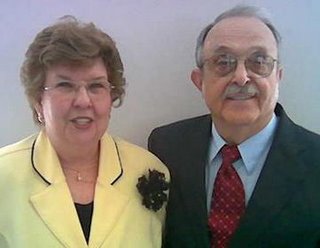News
 Hope for Japan
Hope for Japan
One of the most densely populated countries, Japan has adopted a Western lifestyle and accumulated wealth and technology. Yet Japanese are a traditional people who have everything they need, except the one thing they fear or resist accepting: a relationship with Jesus Christ. Japanese are driven by cultural rules handed down through the generations. “The nail that sticks its head up is the one that gets hit” goes a Japanese proverb. Another barrier to the Gospel is adherence to traditional animistic religions, although many Japanese have apathy rather than adherence to faith. Missionary Buddy Brents adds that the Japanese are “locked up in fear of what other people will think about them if they become a Christian.” Missionaries seek lost people through relational evangelism, joining sports, social and business groups.
The going is tough, but God is producing a harvest of Japanese souls
Pray
 ‘Yet-to-be believers’
‘Yet-to-be believers’
He is truly a carpenter following a carpenter. Ima Oka has fashioned tables, cabinets and clocks for 33 years. Ten years ago he heard the Gospel, but only recently was his heart ready for treatment, in the same way Oka treats and matures his wooden creations. After prayerwalking the streets of Osaka, Japan, missionaries Bob and Gloria Gellerstedt encountered Oka in his woodshop and began weekly Bible study in his showroom. In just months, Oka accepted Jesus and was baptized on the shop’s second floor. Oka’s response to the Gospel was unusually quick for Japanese, who may take 40 or more years to come to faith after contact with the Gospel. “You just encourage people, and be patient with people,” says Carlton Walker, a veteran 25-year missionary in Japan. “We call them ‘yet-to-be believers.
